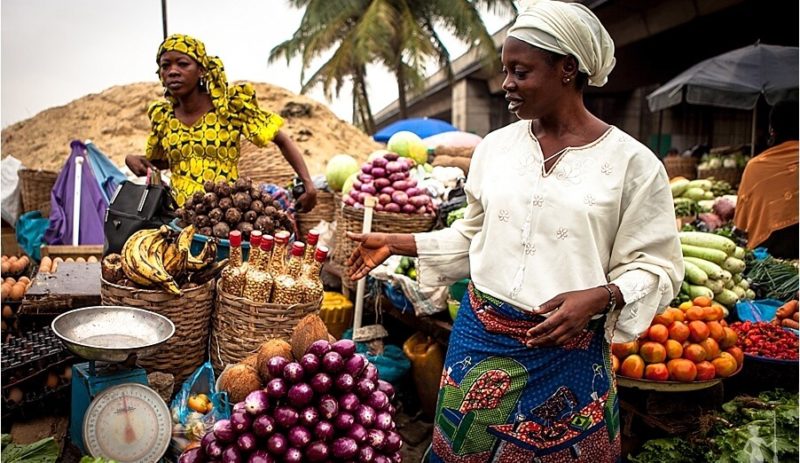Following the impact of Covid-19 pandemic on the Agric sector, Pricewaterhouse Coopers has urged state governments to leverage technology in other to facilitate trading of agricultural produce.
PwC in its latest report which assessed “Economic impact of covid-19 on Micro, Small and Medium Enterprises in partner states and policy options for mitigation” noted that the challenges faced by farmers and producers in agric space stemmed from restriction in movement, lack of access to markets and customers.
Advertisement
The Senior Manager of Fiscal Policy Unit, PwC, Folajimi Akinla, presented the report at the Webinar Session organised by the Nigeria Competitiveness Project of the Deutsche Gesellschaft für Internationale Zusammenarbeit.
He noted that the lock downs and restriction in movement as occasioned by covid-19 pandemic resulted to a huge decline in domestic demand and supply, adding that the Micro, Small and Medium scale Enterprises are the worst hit.
According to Akinla, there is need for the state governments to encourage or incentivise the use of technology, encourage processing and storage plants to facilitate trade in the agric sector.
He said, “The worst effect of the pandemic in the states across the agriculture and light manufacturing sectors is revenue drop with 80 percent of businesses affected by a significant drop in revenue.
Advertisement
“The governments could consider the lockdown policies, where possible avoid a situation where lockdown and restriction in movement is imposed state-wide.”
PwC during the presentation introduced a model for post covid-19 economic recovery plan.
Also the PwC model advised on the development e-commerce policies to leverage opportunities for innovative ways of doing business.
The Executive Secretary of Kaduna Investment Promotion Agency, Umma Aboki while assessing the impact of the COVID-19 pandemic on Kaduna state economy , said that it presented a difficult time for business and trade across the state.
She said, “Like it is all over the world, the Kaduna State experience is no different. There has been significant job loss across various sectors.
Advertisement
“For instance, results from a survey by DFID showed that about 65 percent of part time workers in the agriculture sector lost their jobs in Kaduna State.
“In addition to this trend, a lot of the mechanisms earlier put in place for the creation of jobs have had to be put on hold. Of course, because we had to at some point close down the economy, there was significant effect on the economy.”
Speaking further, Aboki noted that the Government has introduced a support mechanism for the MSMEs to access available funding opportunities (local and international), with capacity building and access to market initiatives to support their growth and sustainability.



